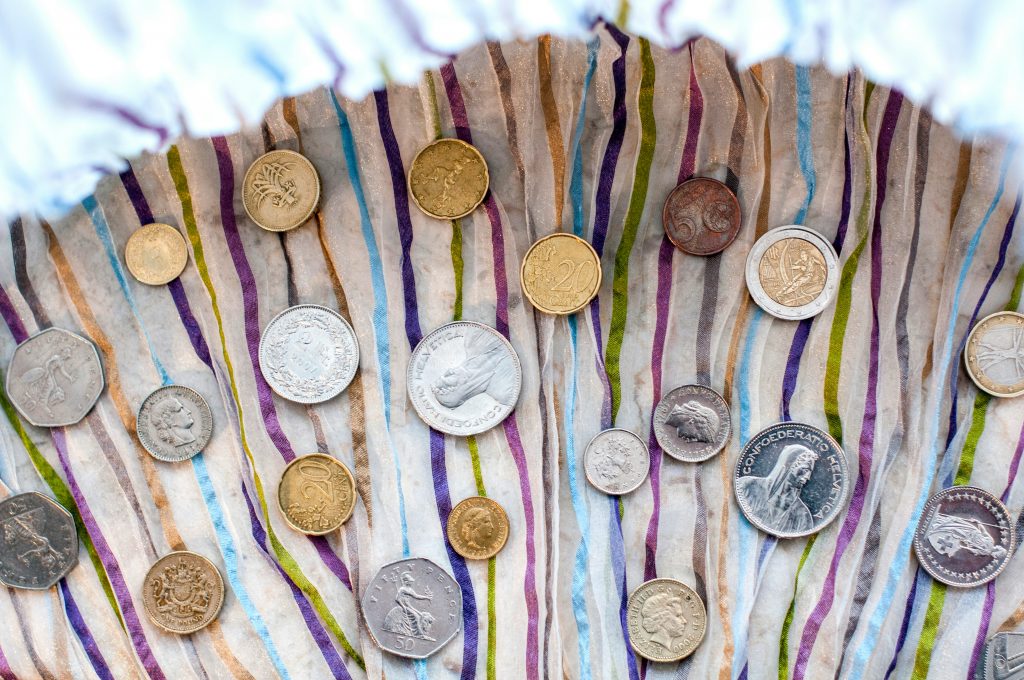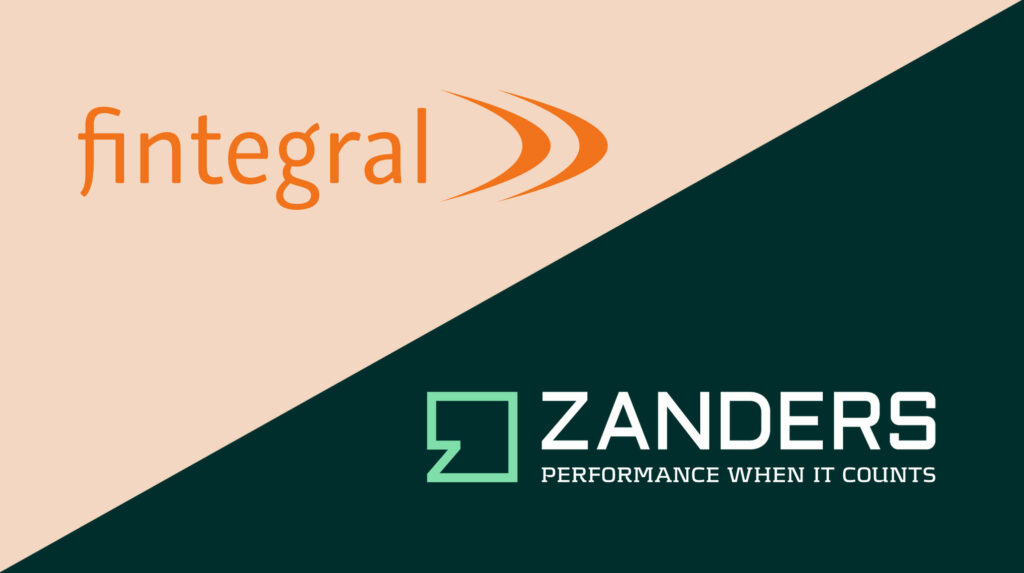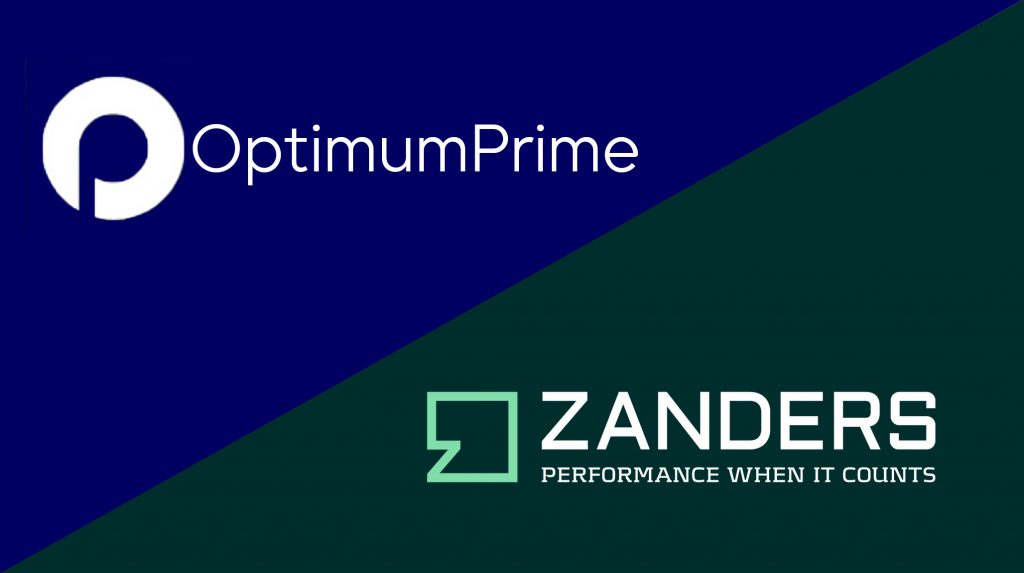The taste of success: Acomo's new business partners

In order to grow towards the future, Acomo group wanted to create a new starting point for its financing.

Acomo, an abbreviation of Amsterdam Commodities N.V., originated in the Rubber Culture Company Amsterdam (RCMA), which listed on the Amsterdam stock exchange in 1908. The family business, Catz International, one of Acomo’s current businesses, sold itself to RCMA in exchange for 90 percent of the shares, thereby making the company active again.
Soft commodities
Between 2001 and 2010 the company acquired five other companies. The last company which traded in rubber was sold in 2010. In the meantime, the name Acomo has become an anomaly, since the company is no longer operating in Amsterdam. The head office is situated in the heart of Rotterdam with six employees. However, a total of 550 people work in the various trading companies, which are split into four segments: edible seeds; nuts and spices; food ingredients; and tea. “Our group is quite diverse”, says Jan Ten Kate, Acomo’s CFO. “We deal with many different products in many different countries”. This is a result of an increase in demand and the various take-overs made by the holding company. This year Acomo acquired the German seed company SIGCO. Now the group consists of eight companies, which trade products such as spices, herbs, nuts, seeds, dried fruit and tea to and from between large parts of the world. These products all fall under the denominator of soft commodities. “The meaning of the word ‘commodity’ causes a lot of confusion”, says Ten Kate. “Soft commodities have no stock market listed value, which means no price forming is done on an exchange”, he explains. “Today we can sell something we will deliver a couple of months later. As a trading company we carry the price risk for both the supplier and the client”. Products which are traded on the stock exchange, such as grain, wheat
and sugar, are quoted commodities. On these stock exchanges future price fluctuations can be covered but, for Acomo’s products, this is not the case.
Volatile function
The various food products are shipped from all corners of the world – Vietnam, Kenya, South America – to countries such as the USA, the Middle East and various European countries. Acomo is the largest independent tea exporter. “It’s important you can physically reach your products quickly”, explains Ten Kate. “Therefore we are always located close to large ports such as Rotterdam and Mombasa, the largest port for exporting tea from East Africa. A lot of tea is exported from Kenya to Europe and the Middle East, where a lot of tea is drunk.” In developing countries where the middle class is growing, the increased demand in trading products is very apparent. Where people are able to afford relatively more expensive products, nuts and chocolate are becoming more popular. Ten Kate says: “You see products streaming into countries as never before. For example, countries that exported tea are now importing it as well.”
All products Acomo trades are liable to risk, particularly those caused by the weather. Harvests can fail because of heavy rainfall or extreme drought. “On the demand side you have to cope with geographic and demographic factors, and on the supply side more with climatic ones. Because of this, the relationship between supply and demand is a volatile one. We are able to fulfill the function we have because volatility in volume automatically leads to volatility in price. We can assume a large part of the supply chain risk with respect to reliable delivery since we always have products in stock – usually they have a long shelf-life – or we have purchase orders with reliable suppliers in the countries of origin.”
A large appetite
With the increase in turnover after the three large acquisitions in 2010, it was time for new financing. “Our business is typified by lengthy transport routes and shipping products which we buy and then have to deliver and all of that has to be financed”, Ten Kate says. “To ensure future growth we wanted to create a new starting point for our financing. We wanted the groups’ various loans which were taken out with different banks to be amalgamated under one umbrella. We were able to approach the financial markets, since the banks were hungry for business; after the major take-overs in 2010 we had proved we were successful. Over the past four years, our turnover rose from 200 to 600 million euros.” Profit for the past few years is around 27 million euros. These are good results for which Acomo has also achieved recognition on the stock exchange.
In spite of this ‘hunger’, Acomo approached Zanders for help with the new financing. Ten Kate explains: “We needed a partner who could help us in the game with the banks. Before I joined Acomo I had a boutique in corporate finance and one of my colleagues, Bert van Dijk, left to go to Zanders. We got talking and clicked straight away.”
Acomo allowed the existing banks to participate in the process but wanted to bring in other new, effective banks. Ten Kate says: “We were looking for a mix in the banking group. We wanted internationally operating Dutch banks, mainly because of our worldwide tea trade. And we were looking for a bank which would cover our interests on the American market, since a third of our turnover is in the USA.”
So in autumn 2013 a selection process of scanning and approaching a number of banks began, questioning how they would fulfill the requirements. Ten Kate notes: “Negotiating is in this company’s blood, but you have to move forward with those banks with which you have fought a hard battle. Then it’s good to have an intermediary with expertise – from what is happening in the market to what you can and can’t ask. It was also good that an external advisor carried out the bank pre-selection process." After completing the legal documents, the final contracts were signed in February 2014.
It was a process in which everyone knew his own role – and Zanders carried out its role vis-a-vis the banks very well.
Jan Ten Kate, Acomo’s CFO
Lucrative business
The outcome of the selection process was a group of banks consisting of Rabobank International, ING Bank, HSBC and Fifth Third Bank. “New financing means we have even more financial leeway so that our anticipated growth is securely financed and, that we are linked to a strong banking group which can grow with us,” says Ten Kate. “For us this also comes with attractive conditions and rates. Therefore we are very happy with what we have achieved.” Hidde ten Brink, one of Zanders’ consultants, is also happy with the result. “Due to current strict legislation it has become more difficult for banks to extend financing, but Acomo is a good example of a company where you can see positive effects. If you are a part of the relatively small group to which banks will grant loans, you can haggle over the terms. Acomo has a strong track record and so the future looks rosy.
All purchase and sales contracts in the various countries are signed locally by Acomo, so that currency risks are covered by the banks. “We are an attractive customer for a bank, since FX is a lucrative business,” says Zander van Ooij, Acomo’s treasurer. “The FX risk is covered in each region by currency, term or spot contracts or balance sheet hedging.” Van Ooij comes originally from the banking world and knows that lending has been difficult for some time. “The fact that banks want to grant us loans is therefore significant.”
Future growth
Acomo’s product range expansion is only possible in soft commodities. “A product like cocoa has a futures market. The position of a trading company in the value chain is then completely different to when price risks cannot be covered by a futures exchange. We focus more on niche products, with relatively small harvests and different forms of transport to the huge grain or soya tankers. That is a totally different market.” Of course Acomo has competitors, but each ‘competitor colleague’ has its own range of products. From an acquisition point of view, the medium sized niche companies are interesting and could offer more branches worldwide or different niche products. New markets such as those of the recently acquired German grain trader SIGCO add value, according to Ten Kate, who adds: “In certain countries it is a business advantage if you physically have an office there, and now we have that in Germany.”
Acomo as a shareholder is also an interesting prospect for such companies, Ten Kate believes: “The holding offers our companies the financial support they need to do business well, by means of the financing we have in place. Product pricing can significantly increase and for many family businesses, this can lead to banking challenges. I know for example that the price of pepper was USD 1,500 per ton, and that it is now more than USD 8,000 a ton. A container with 20 tons of pepper then amounts to USD 160,000. Smaller companies cannot cope any more with this sort of financing requirement.” Although the soft commodities market is not always transparent, Acomo is able to financially absorb such impacts now it has banks on board which understand the game. “Higher prices for tea or sunflower seeds result in increased demand for financing because of their large volumes. However, banks who understand our markets no longer worry about it.”
According to Ten Kate, the banks still have clear coverage. “Stocks are liquid and are easy to price. These are products which have a quick turnover – there is always demand for tea, nuts and pepper. That is also an interesting factor in our business: you can touch, smell and sample our products. We literally have a very tangible company.”












